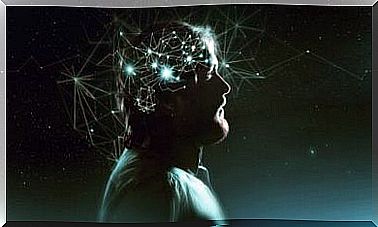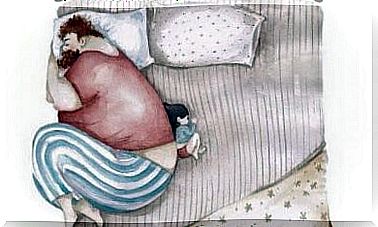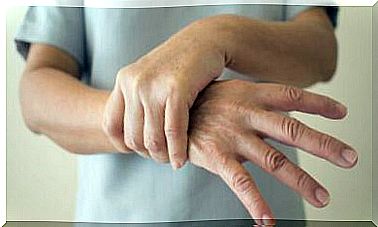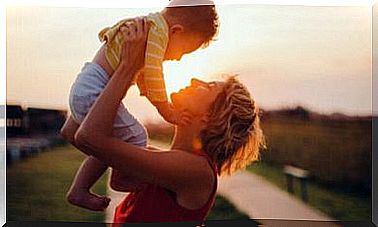Child Psychology: Who Should I Trust?
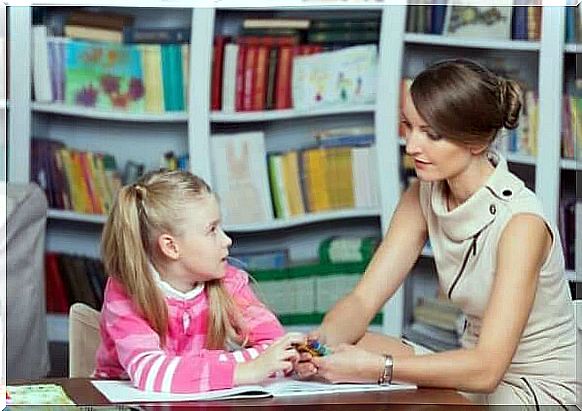
One of the most frequently asked questions in psychology consultations is about situations where parents are raising their children. Most people do not need therapy, but only a professional response to ease their insecurity. In these cases, we see that many parents do not know what type of expert they should contact; a psychologist, a pediatrician or an educational psychologist. So what are the choices in child psychology?
Most parents usually go to a pediatrician because that is what they have always done. However, it may be more logical to see a specialist in child psychology. Others visit the child’s school for help. They often find that the psychologist there is more focused on problems when it comes to learning and developing the child.
Many people continue to be confused about what a psychologist does and what an educational psychologist does. It is true that in some of the parts there is a thin line that differentiates the two. But we are talking about two very different roles. They are very similar when it comes to academics. Here they work side by side, where they compliment and combine different qualities to solve problems in the developmental and learning processes in children.
Child psychology: The different possibilities
Both fields study the human being and the main object is to intervene and assist. That is why we sometimes struggle to differentiate the two. Through this article , we will list the main differences and similarities of these two professions that have been linked since their inception. After all, they have the same prefix, “psycho”.
The main difference between psychology and educational child psychology is that psychology has a broader vision that involves all aspects of life, while educational psychology focuses on the learning process.

Professional competence in different work environments
The educational psychologist acts in different areas such as orientation and psycho-educational treatment. These fields require the use of knowledge, methodology and theoretical principles. It enables the implementation of preventive, corrective and supportive measures from several models, areas and principles, all of which address different contexts.
Within the various areas of counseling in educational child psychology, we have orientation in learning / learning processes. This focuses on the acquisition of learning techniques and strategies, and on the development of metacognitive strategies and motivation. In this approach to the different profiles of the professions we will try to clarify the different guidelines and objectives (Palacio, Lopez and Nieto, 2006)
With regard to professional abilities, the educational psychologist acts by preventing, detecting and dealing with problems related to learning, regardless of the age of the affected person. In addition, they work with teaching programs and various techniques to facilitate the learning process.
On the other hand, the psychologist is more focused on the global, and at the same time the specific, knowledge of the person. Their expertise is very broad even in the field of education. It ranges from managing emotions and thoughts to managing interpersonal relationships.
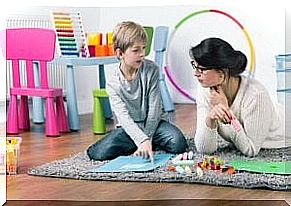
The main differences between the profile of a psychologist and an educational psychologist
The professional profiles of these two professions have much in common, but also parts that separate them. The job of an educational psychologist focuses mainly on learning, underlying processes and behavior. However, there are exceptions where the experts in the field work in companies to improve the quality of life of the organization and the employees.
The job of an educational psychologist is also closely related to integration. They provide support to children and young people with difficulties, and monitor children who have troubled homes.
One of the tasks of a psychologist in these fields is to detect irregular or conflicting behavior in children. They will then establish the treatment and guidelines that should be followed in order to correct these behavior patterns. If the child’s personality is affected, they will work with a psychiatrist and may use medication in treatment.
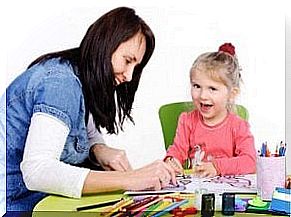
Child psychology in the school environment
In the school environment , the main function of an educational psychologist is to guide the child through the use of specific strategies to achieve specific results.
There are two common models in psychological education: the clinical model and the consultation model. Psychologists, on the other hand, deal more with the emotional side. They look at the evolutionary stages of human development, behavior, personality, vocation, work, and social phenomena.
In contrast, the educational psychologist specializes, as we have seen, in the learning process of a person through their life. If the problem is specific to the learning environment, it would be a better idea to use the professional help of an educational psychologist. However, if the problem involves psychological processes, it will be more appropriate to go to a general psychologist.
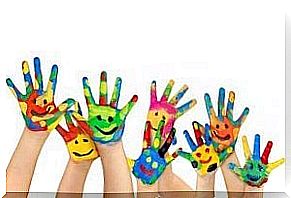
References
Bravo, V. (2009). Educational psychology, Psychopedagogy and Special Education.
Castro Solano, A. (2004). The professional competencies of the psychologist and the needs of professional profiles in the different work environments. Interdisciplinary, 21 (2), 117-152.
Manzanares Moya, A. (2004). Expertise and the Educational Psychologist: an integrating vision of the spaces of action in the professional family of education.
Bordón: Journal of Pedagogical Orientation, 56 (2), 289-302.Palacio.
CR, López, GCH, & Nieto, L. Á. R. (2006). What is Educational Psychological intervention: definition, principles and components.
The Agora USB Medellín-Colombia, 6 (2), 215-226.
Pérez Solís, M. (2011). Can an educational psychologist play the role of a psychologist? Professionalization against professional intrusion.
Estud. Psicol. (Campinas), 28 (1), 3-13
